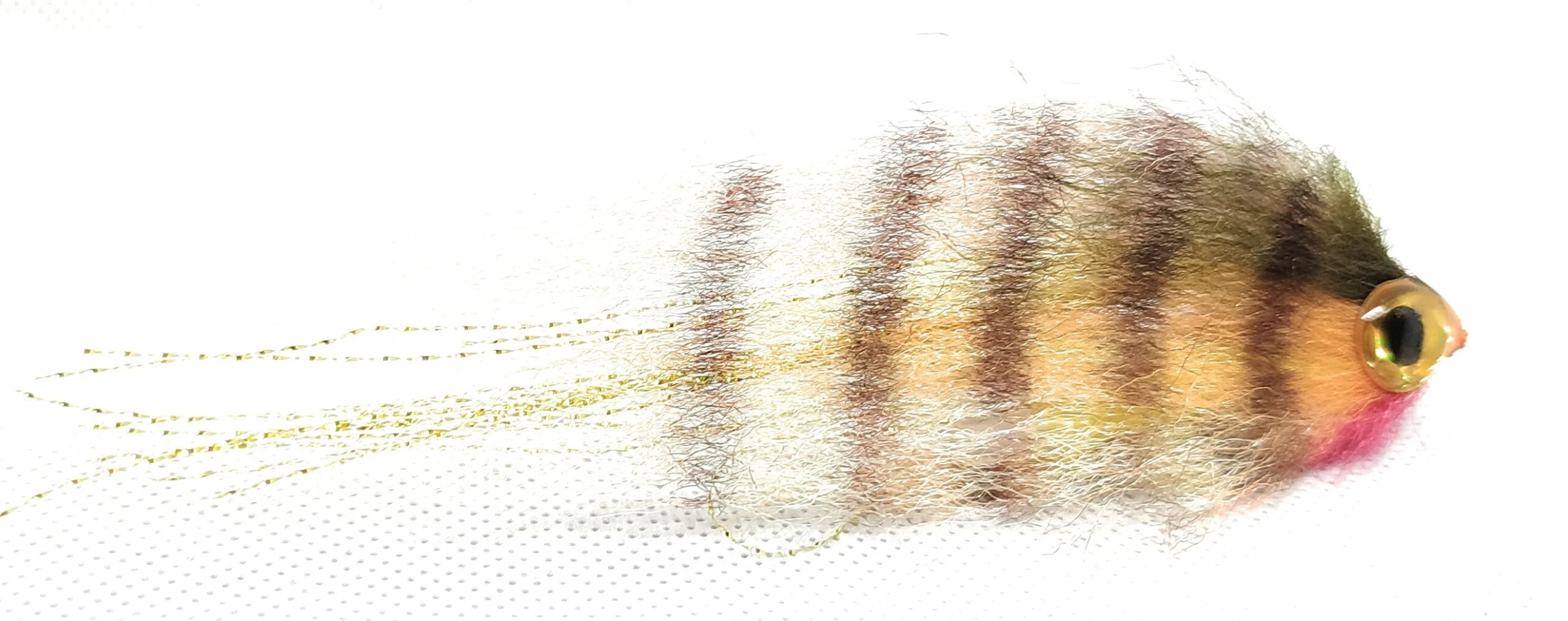Fly Fishing for Pike
History, Equipment, Bait and Ideal Waters
Fly fishing for pike in Europe has ancient roots. Long before it became fashionable, there were already texts describing flies dedicated to this predator. Today, fly fishing for pike means tackling one of Europe's most iconic fish with bulky lures, powerful casts, and a strategic and provocative approach.
The Origins: Pike Flies in the Middle Ages
The first historical reference to pike fly fishing dates back to the 15th century, in a Bavarian manuscript called "Tegernsee Fishing Advice." It describes flies for various European fish, including pike.
The flies were tied on a single hook, often weighted with lead.
Assembly and usage instructions, but with terms that are obscure today such as “stingel” and “hearts”.
We fished in the lake, already with the idea of stimulating a predatory attack.

The 19th-Century Revival: British Influence
In the 19th century, pike fishing experienced a revival thanks to the English. Salmon fishermen discovered that pike provided action even in the cold months.
In the late 18th century, London shops began selling pike flies.
Pike are also farmed in lakes to keep carp under control.
Trout streamers are still used, adapted to the pike context.
20th Century: The Dutch Turn and the Explosion of Technology
In the twentieth century, pike fly fishing underwent a radical transformation. The Dutch began to innovate radically: they traveled, experimented, and designed new flies.
The old streamers are being replaced by lures designed only for pike.
Synthetic materials, flexible shapes, bright colors, 3D eyes.
The goal becomes to create a bait that is impactful, visible, loud and irritating.

Where to Fish It: Typical Pike Habitats
The pike is found throughout much of Europe, especially in:
Lakes and natural basins
Slow rivers with vegetation
Artificial canals and backwaters
Dead or calm zones of large rivers
It should be looked for near cover: algae, submerged wood, water lilies, obstacles.
Pike Fly Fishing Equipment
Rod: 9′ 9 to 10 wt, fast action
Tail: floating, intermediate or sinking (short belly or shooting head)
Leader: 150-180 cm, with tippet from 0.50 to 0.80 mm
Wire trace: steel, titanium or rigid fluorocarbon to avoid cuts

The Best Pike Flies
Pike flies are large , visible and dynamic :
Bunny flies (zonker) for natural pulsation
Tube flies: modular and lightweight
Game Changer: Jointed, with snake-like swimming
Flash flies: entirely made of reflective materials
Poppers and divers: for surface fishing
Recommended colors: white, orange, neon yellow, black. Choose based on the light and water clarity.
Why Fly Fish It?
Visible, often violent attacks
Large fish even in accessible waters
Active approach, never monotonous
Creative, artisanal, unconventional flies
No rigid rules: just instinct and planning
Pike is pure adrenaline. It's not just about fishing, but about provoking. About flushing out a predator at the top of the food chain.
-
On offer!

Pike Widows Web Tube Red & White
1 artificial.
€ 8,00The original price was: €8.00.€ 6,40The current price is: €6.40. You choose This product has multiple variations. Options can be chosen on the product page -
On offer!

Pike Widows Web Tube because
1 artificial.
€ 8,00The original price was: €8.00.€ 6,40The current price is: €6.40. You choose This product has multiple variations. Options can be chosen on the product page -
On offer!

Pike Black & Purple Diver
1 artificial.
€ 9,00The original price was: €9.00.€ 7,20The current price is: €7.20. You choose This product has multiple variations. Options can be chosen on the product page -
On offer!

Pike Chartreuse Wiggle Tail
1 artificial.
€ 9,00The original price was: €9.00.€ 7,20The current price is: €7.20. You choose This product has multiple variations. Options can be chosen on the product page
Conclusion
From the Middle Ages to the present day, pike fly fishing has evolved from a curiosity to a solid, powerful, and spectacular discipline. If you're looking for a powerful, unconventional experience, this is your fish.
Cast, retrieve… and wait for the green flash.




